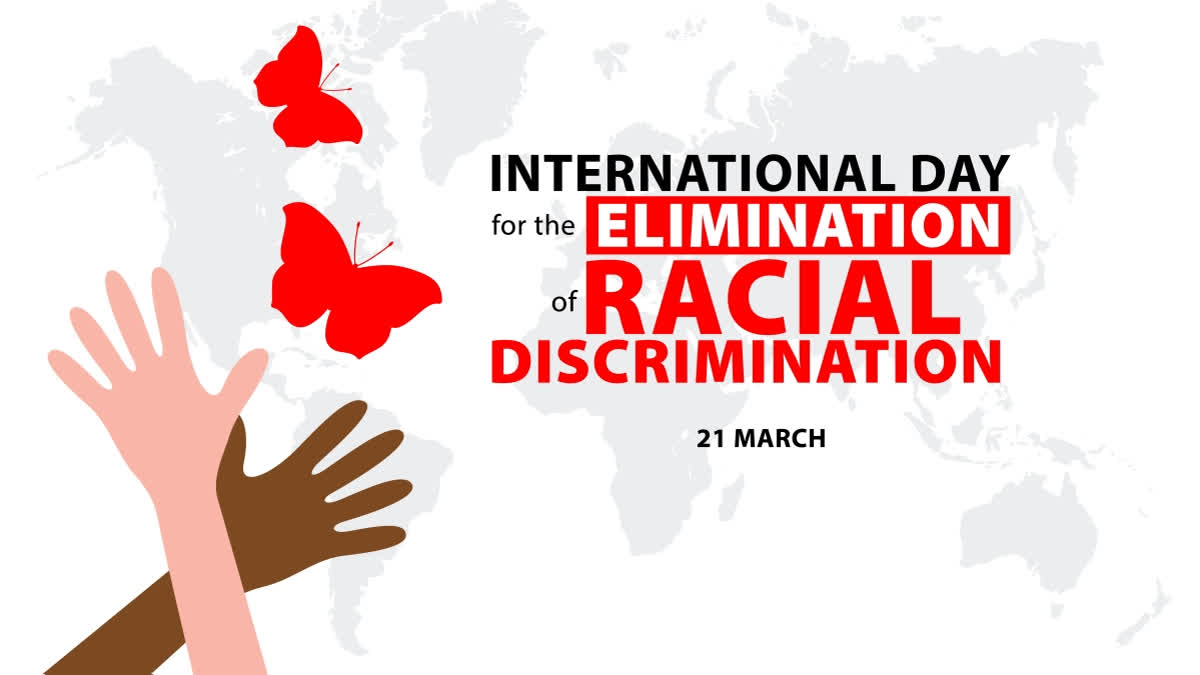Hyderabad: International Day for the Elimination of Racial Discrimination, observed on March 21 every year across the globe, urges human beings to voice against racial discrimination and the slavery and colonialism which destroyed lives and curtail opportunities, preventing billions of people from enjoying their full human rights and freedoms.
What is Racial Discrimination?
Racial discrimination is the act of treating another person unfairly or differently based on their race, ethnic origin, skin colour, language or religion. It can also be systemic, meaning the prejudice is embedded in social structures and systems. Racial discrimination affects the lives of indigenous peoples, as well as communities of racial and religious minorities. This type of prejudice is often more subtle and hard to detect.
History
The International Day for the Elimination of Racial Discrimination is observed annually on the day when South African police opened fire on 69 protestors peacefully opposing apartheid "pass laws" in 1960, Sharpeville.
During the second half of the Decade for Action to Combat Racism and Racial Discrimination, a set of actions was accepted by the General Assembly in 1979. At that time, the General Assembly agreed to hold an annual week of solidarity in all States with the peoples fighting racism and racial discrimination, starting on March 21.
Theme 2024
The 2024 theme of the International Day is “A Decade of Recognition, Justice, and Development: Implementation of the International Decade for People of African Descent”.
The enduring effects of slavery and colonialism, along with racial prejudice continue to cost lives, deny opportunities, and prevent billions from achieving their full human potential.
The International Decade for People of African Descent, which runs from 2015 to 2024, is connected to this year's subject. The world community is acknowledging that individuals of African heritage constitute a unique group whose human rights need to be upheld and supported by announcing this Decade.
In the Americas, there are about 200 million people who identify as being of African heritage. Outside of Africa, in other regions of the world, reside many millions more people.
Principle of Equality
The UN General Assembly affirms that every human person has the capacity to positively impact the growth and welfare of their communities and that they are all born free, equal, and with dignity and rights. The General Assembly also stressed in its most recent resolution that hypotheses attempting to establish the existence of distinct human races must be rejected, as well as any theory of racial superiority, as it is hazardous, morally repugnant, and socially unjust.
Since its founding, the United Nations has been concerned with this issue, and all fundamental international human rights instruments forbid racial discrimination. States are given duties and tasked with ending discrimination in both public and private settings. States must also take special action to eradicate circumstances that lead to or support racial discrimination in order to uphold the equality principle.



